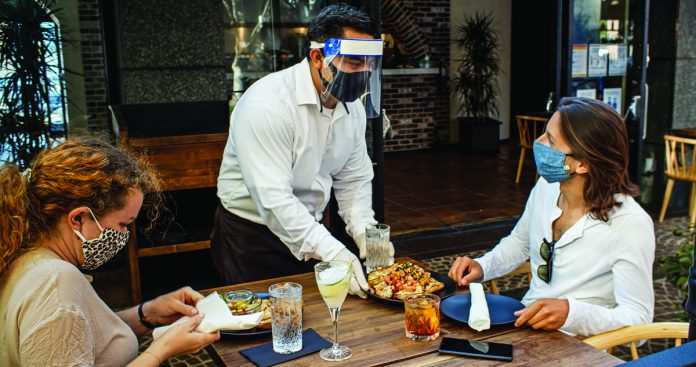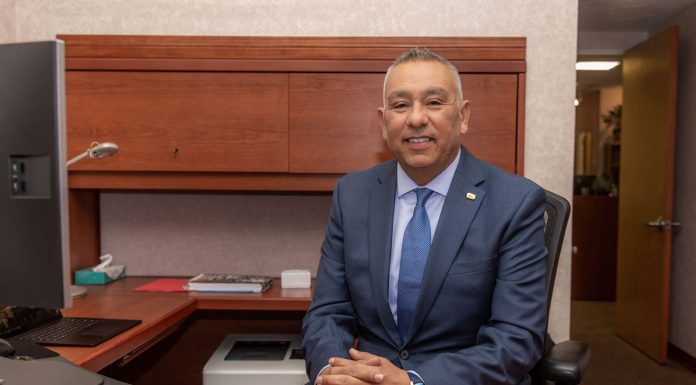California State Gov. Gavin Newsom’s proposed 2021-22 state budget includes almost $71 million in possible fee waivers for individuals and businesses most financially impacted by the COVID-19 pandemic, including bars and eateries, but some business owners say the measure is only part of the picture.
Of the proposed $71 million, about $45 million would go toward waiving renewal fees for licenses that expire between Feb. 1, 2021, and Jan. 31, 2022.
However, El Cruce owner Pamela Rogers said she and any other restaurant owners who opened up shop just after the pandemic arrived in San Diego and projected initial business based on a 25 percent seating capacity are at a loss because they do not qualify for those fee waivers based on when they opened, yet feel the effects of mandated closures.
Furthermore, she believes the closures are creating a ripple effect in the economy.
“Our wine and oyster partners are in Baja so now we’re affecting the entire regional economy. Even in the short time we’ve been open, I’ve had to tell wine sellers I can’t place an order, as much as I’d like to do so,” Rogers said.
Tavern at the Vogue owner Gonzalo Quintero extends that idea further down the food chain and said having an open eatery has widespread effects beyond a single waived fee.
“When we order raw goods from a food distributor or beer from a local brewery we are paying farmers, laborers, brewers, delivery drivers, all real people who depend on our economic ecosystem,” Quintero said.
Although he said “fee waivers, grants, as well as loan forgiveness are the keys to our local economy’s quick recovery,” he emphasized reopening as being key to survival.
“Once open, being able to utilize funds to buy raw materials, hire more kitchen and bar staff, all in an effort to be of service to our guests saves more money and creates more tax revenue for California than any shortsighted fee collection will,” Quintero said.
According to the California Department of Alcoholic Beverage Control, the license types were chosen in part because business owners with those licenses were considered to have been most directly affected during the pandemic due to a primary component of their business model, on-site consumption of alcoholic beverages, being significantly restricted.
Groundswell Brewing Company part-owner Christianne Penunuri said their business model relies on dual revenue: distribution and in-person dining.
“Our distribution is minimal; probably 80% of our sales go out of the tasting room… Any fee waiver is kind of exciting and it is helpful but we’re ten or eleven months in at this point and I’m amazed we’ve survived this long,” Penunuri said.
Like Rogers, she predicts “the impact on the regional economy is going to be enormous” and especially worries for small businesses owned by disproportionately affected individuals.
“I think we’re going to lose a great number of small businesses in the region, especially Black, Hispanic, and Veteran-owned businesses and will be feeling the disproportionate impact on those businesses for years to come,” Penunuri said and “what’s more interesting than fee waivers is the sheer number of grants and support programs the state is willing to provide for business and for workforce development.”
The idea echoes a comment from Quintero, who said operating means businesses make ongoing payroll taxes and sales taxes for the state that can then be funneled into paycheck protection programs, state and local grants.
“The bottom line is this: if businesses can use their limited funds to get back to business and put people to work the whole economic engine can recover pretty quickly as long as businesses are allowed to be agile and do what they do best,” Quintero said.
Exact requirements and guidelines for submitting a fee waiver request and the process of certification for licensees will be published on the Alcoholic Beverage Control website at: www.abc.ca.gov.














